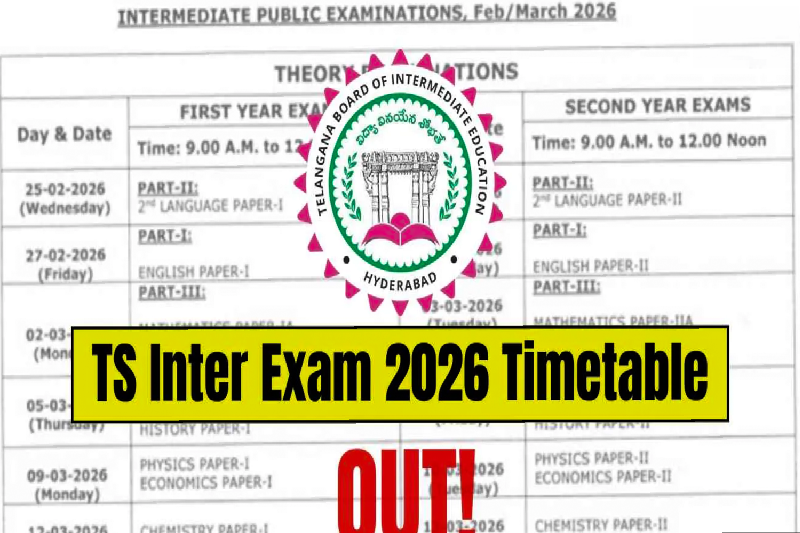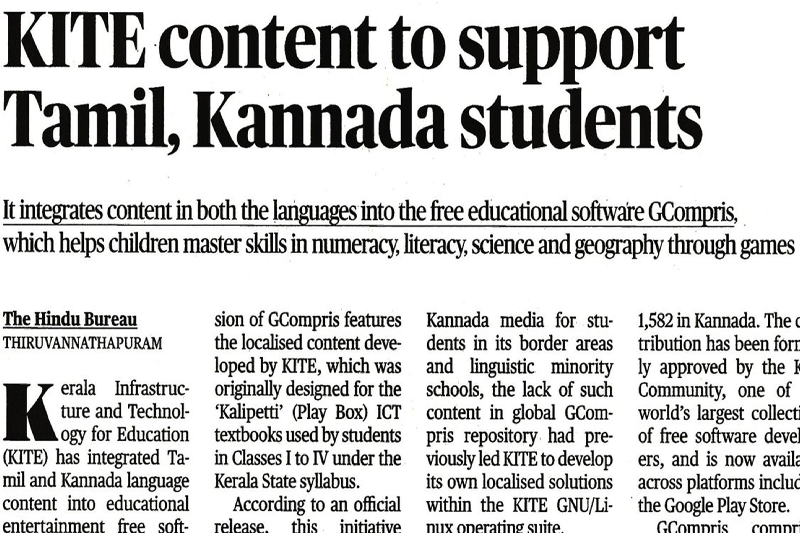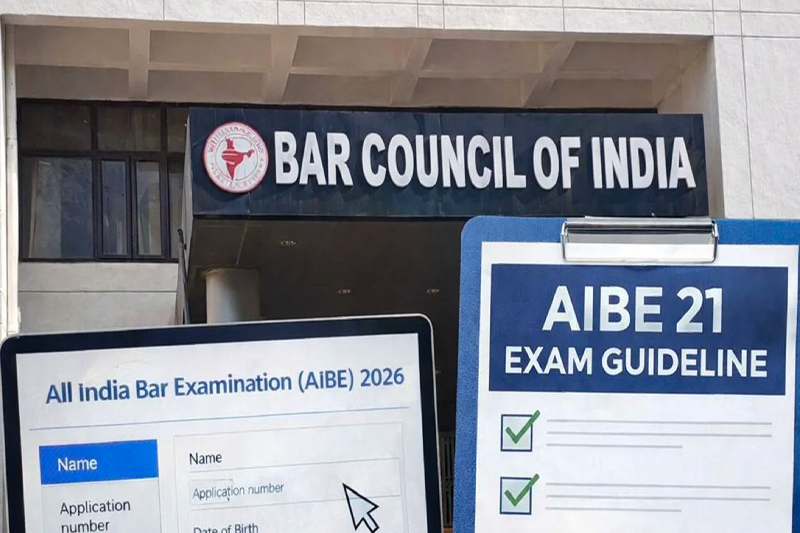
UAE Opens 9 New Public Schools and Introduces Major Education Reforms for 2025–26 Academic Year
As over one million students across the United Arab Emirates prepare to return to classrooms on August 25, 2025, the Ministry of Education has announced an ambitious package of upgrades to the nation’s education system. From the opening of nine new public schools to curriculum innovation, AI integration, and increased focus on national identity, the 2025–26 academic year marks a significant step forward in shaping the future of education in the UAE.
Speaking at a press conference on Tuesday, Minister of Education Sara Al Amiri laid out the government's comprehensive preparations and the transformative initiatives that will define this school year.
9 New Public Schools, 25,000+ Students to Benefit
A major highlight is the launch of nine new public schools across various emirates, which will accommodate over 25,000 students and be staffed by more than 800 newly recruited teachers. This expansion aims to meet growing demand and enhance access to quality education.
In addition, the Ministry has completed maintenance work at 465 existing schools, ensuring readiness and safety for students and teachers alike.
Infrastructure and Logistics Ready for Rollout
To ensure smooth operations from day one, the Ministry has put extensive logistics in place:
- 5,560 school buses have been deployed for student transport.
- 46,888 laptops distributed to support digital learning.
- Over 10 million textbooks have been printed.
- 830 new teaching and administrative staff have been appointed to support incoming 25,345 new students.
These measures demonstrate the Ministry’s commitment to making the transition back to school seamless and technologically advanced.
Centralised Exams Cancelled for Cycle 2 (Semester 2 Onward)
In a major shift in assessment strategy, the Ministry announced the cancellation of centralised exams for Cycle 2 students (Grades 5–8) starting from semester two of the academic year. These will be replaced by school-prepared tests, allowing more tailored and flexible assessments.
However, for semesters one and two across all other cycles, centralised examinations will still be conducted.
Stronger Emphasis on National Identity and Language Skills
This year, the Ministry is placing a special focus on national identity, particularly in kindergarten and Cycle 1 (Grades 1–4).
- Two additional weekly classes have been introduced for both Arabic language and Islamic education in kindergarten.
- A basic Arabic language assessment will be conducted for Grade 1 students across 100 public and private schools to evaluate language proficiency at the start of the academic year.
This initiative reflects a growing emphasis on cultural grounding alongside academic growth.
Physical Education and Health Program Launched
Undersecretary of the Ministry of Education Eng. Mohammed Al Qassim introduced the Physical Education and Health Program, aimed at promoting healthier lifestyles and encouraging sports participation among students.
Key features include:
- Specialised sports tournaments across schools.
- Adjusted lesson schedules to allow for physical activity.
- Introduction of nutritious school meals in public institutions.
Parent Involvement and Community Engagement
Recognizing the pivotal role of parents, the Ministry will activate Parent Councils in all public schools to enhance parental participation in educational decision-making. A key initiative, titled "From Skill to Leadership", will engage not only students and teachers but also parents and the wider community.
The campaign is built on three core pillars:
- Exploration: Creating environments to discover and nurture talent.
- Development: Building skills through partnerships and training.
- Excellence: Encouraging students to participate in local and international competitions.
In the first month of school, parents will participate in classroom discussions alongside their children, where real-life success stories will be shared to inspire students.
UAE’s First National AI Curriculum to Be Rolled Out
In a groundbreaking move, the Ministry will introduce a nationally developed AI curriculum, the first of its kind in the UAE. The curriculum aims to educate students on responsible AI usage and provide practical insights into AI technologies that are reshaping modern life.
- Around 1,000 teachers across all grades will deliver the new AI modules.
- Lessons are curated from local and international sources to ensure global relevance.
- The initiative also seeks to influence education policy and contribute to international discussions on AI in education.
Professional Development and Assessment of Teaching Staff
To support this transformation, the Ministry has invested heavily in teacher training:
- Over 23,000 education professionals have undergone 170 hours of workshops covering leadership, instruction, and support services.
- The Educational Competency Assessment Project will assess:
- 12,000 staff in kindergarten and Cycle 1
- 11,000 staff in Cycles 2 and 3
The goal is to align career paths and empower staff in accordance with national standards and evolving academic needs.
Unified Academic Calendar for 2025–26
As previously announced, the UAE has adopted a unified academic calendar for both public and private schools following the Ministry's curriculum. Key dates include:
- Start of school year: August 25, 2025
- End of school year: July 3, 2026 (July 2 for Sharjah’s private schools)
Breaks and holidays are structured to promote student well-being:
- Winter break: 4 weeks in December
- Spring break: 2 weeks in March
- Three mid-term breaks: October, February, and May
The total number of school days across the year is 178, spread across:
- 14 weeks in Term 1
- 9 weeks in Term 2
- 13 weeks in Term 3
Conclusion: UAE Sets the Stage for a Future-Ready Education System
With a robust combination of new schools, curriculum innovation, AI integration, teacher empowerment, and greater parental involvement, the UAE is taking bold steps to future-proof its education system.
As over a million students prepare to return, the 2025–26 academic year is not just a return to school—it’s a leap toward a smarter, healthier, and more inclusive educational future.



